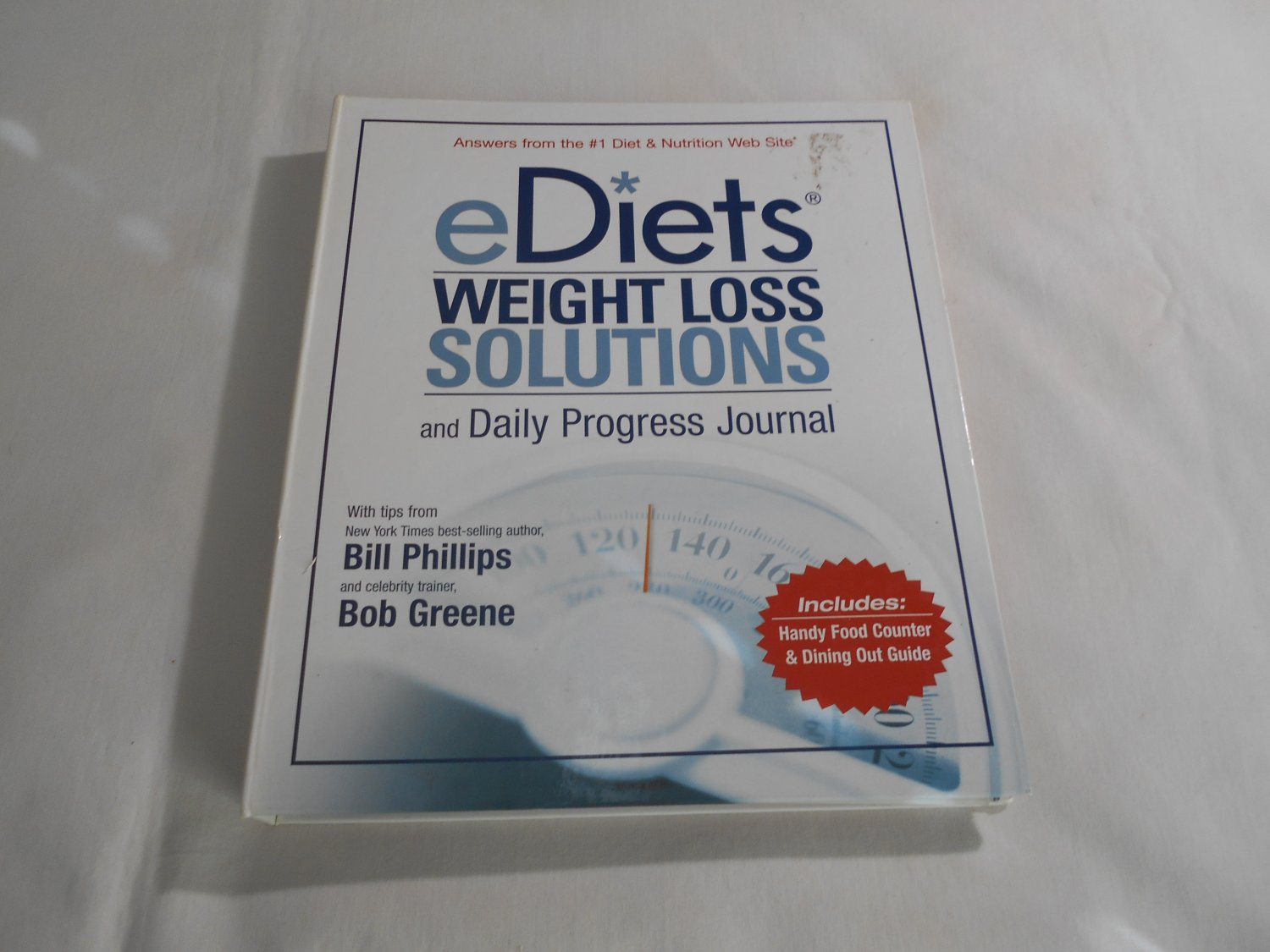Wt Solutions
- WT Infrastructure Solutions Inc. Takes a unique approach to consulting engineering in Ontario. We are a distributed workforce firm providing consulting engineering services to our clients with a distinct focus on customer service and quality.
- In percent solutions, the amount (weight or volume) of a solute is expressed as a percentage of the total solution weight or volume. Percent solutions can take the form of weight/volume% (wt/vol% or w/v%), weight/weight% (wt/wt% or w/w%), or volume/volume% (vol/vol% or v/v%).
Mass fraction can also be expressed, with a denominator of 100, as percentage by mass (in commercial contexts often called percentage by weight, abbreviated wt%; see mass versus weight).
In chemistry, the mass fraction of a substance within a mixture is the ratio (alternatively denoted ) of the mass of that substance to the total mass of the mixture.[1] Expressed as a formula, the mass fraction is:
Because the individual masses of the ingredients of a mixture sum to , their mass fractions sum to unity:
Mass fraction can also be expressed, with a denominator of 100, as percentage by mass (in commercial contexts often called percentage by weight, abbreviated wt%; see mass versus weight). It is one way of expressing the composition of a mixture in a dimensionless size; mole fraction (percentage by moles, mol%) and volume fraction (percentage by volume, vol%) are others.
When the prevalences of interest are those of individual chemical elements, rather than of compounds or other substances, the term mass fraction can also refer to the ratio of the mass of an element to the total mass of a sample. In these contexts an alternative term is mass percent composition. The mass fraction of an element in a compound can be calculated from the compound's empirical formula[2] or its chemical formula.[3]
Terminology[edit]
Percent concentration does not refer to this quantity. This improper name persists, especially in elementary textbooks. In biology, the unit '%' is sometimes (incorrectly) used to denote mass concentration, also called mass/volume percentage. A solution with 1g of solute dissolved in a final volume of 100mL of solution would be labeled as '1%' or '1% m/v' (mass/volume). This is incorrect because the unit '%' can only be used for dimensionless quantities. Instead, the concentration should simply be given in units of g/mL. Percent solution or percentage solution are thus terms best reserved for mass percent solutions (m/m, m%, or mass solute/mass total solution after mixing), or volume percent solutions (v/v, v%, or volume solute per volume of total solution after mixing). The very ambiguous terms percent solution and percentage solutions with no other qualifiers continue to occasionally be encountered.
In thermal engineering, vapor quality is used for the mass fraction of vapor in the steam.
In alloys, especially those of noble metals, the term fineness is used for the mass fraction of the noble metal in the alloy.
Properties[edit]
The mass fraction is independent of temperature until phase change occurs.
Related quantities[edit]
Mixing ratio[edit]
The mixing of two pure components can be expressed introducing the (mass) mixing ratio of them . Then the mass fractions of the components will be:
The mass ratio equals the ratio of mass fractions of components:
due to division of both numerator and denominator by the sum of masses of components.
Mass concentration[edit]
The mass fraction of a component in a solution is the ratio of the mass concentration of that component ρi (density of that component in the mixture) to the density of solution .
Molar concentration[edit]
The relation to molar concentration is like that from above substituting the relation between mass and molar concentration
where is the molar concentration and is the molar mass of the component .
Wt Solutions Pte Ltd
Mass percentage[edit]
Percentage by mass can also be expressed as percentage by weight, abbreviated wt%, or weight-weight percentage.
Mole fraction[edit]

The mole fraction can be calculated using the formula
where is the molar mass of the component and is the average molar mass of the mixture.
Nuvoh2o Home Depot
Replacing the expression of the molar mass-products:
Spatial variation and gradient[edit]
In a spatially non-uniform mixture, the mass fraction gradient gives rise to the phenomenon of diffusion.
See also[edit]
References[edit]
- ^IUPAC, Compendium of Chemical Terminology, 2nd ed. (the 'Gold Book') (1997). Online corrected version: (2006–) 'mass fraction'. doi:10.1351/goldbook.M03722
- ^Formula from Mass Composition
- ^'How to Calculate Mass Percent Composition'. ThoughtCo. Retrieved 2018-01-05.
Wt Solutions Llc
WTB Solutions offers services ranging from day to day help-desk needs to strategic virtual Chief Information Officer consulting. Our team stands apart from other Managed Service Providers as we prioritize reliability and stability and we tackle challenges through the lens of the business operators and design solutions that are based on processes, proper training and application of various technology solutions to revolve operational problems, all the while maintaining clarity in communication with all the stakeholders.
Our team comes with a unique experience in the following areas:
Nonprofit Expertise
The WTB Solutions team has experience providing IT support and consulting services to the Non-profit sector since 2010. We excel in creating solutions that are budget conscious and allow leveraging the benefits afforded to the Non-profit sector by major providers.
HIPAA/PCI Compliance Oversight
We partner with top vendors that have extensive experience in providing oversight and analysis to ensure the security and compliance of all operational systems.
Vendor Management and Integration
WTB Solutions helps clients ensure that their line-of-business systems are optimized, designed for guaranteed up-time and recovery. Our team also has years of experience in navigating and assisting clients with managing their technology vendors while leveraging our long standing relationships in ensuring our clients get the best possible terms and outcome.